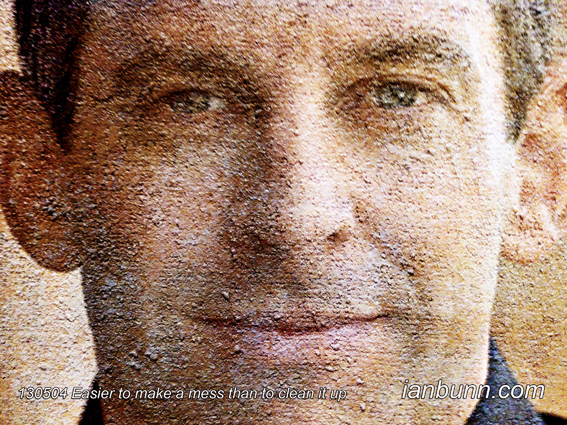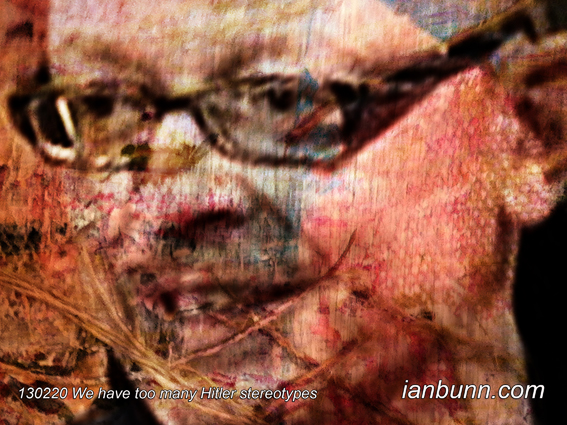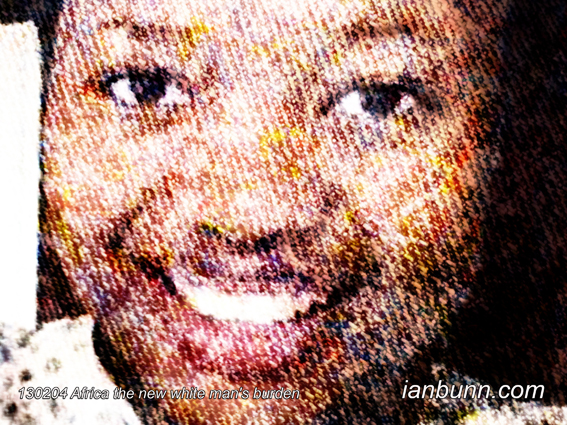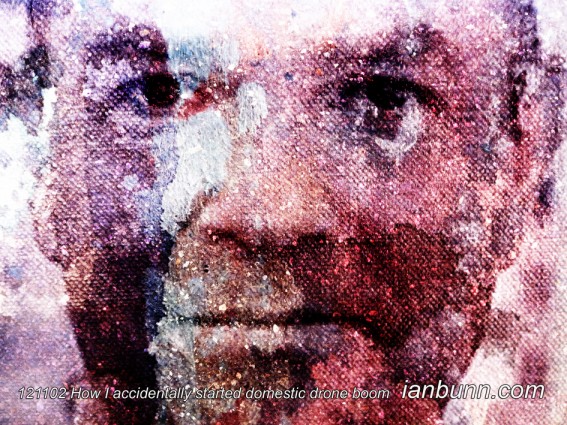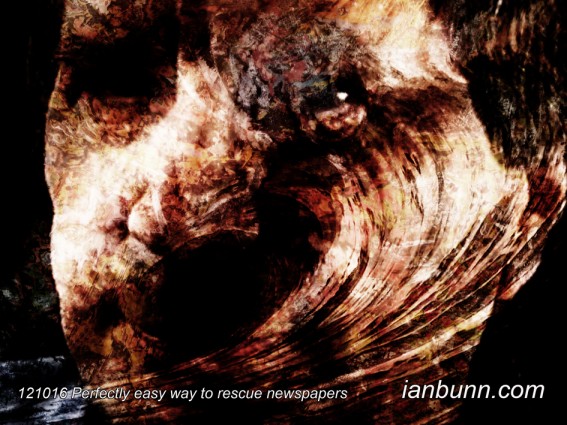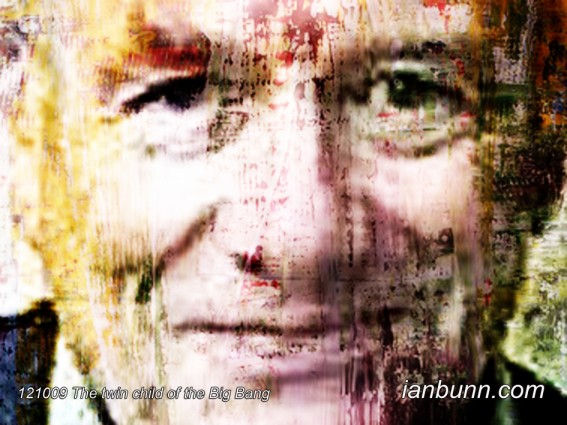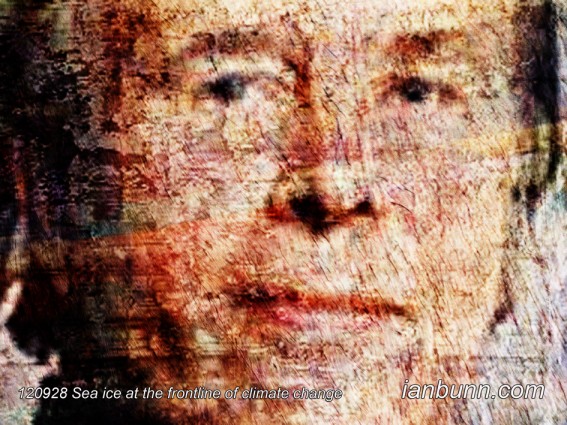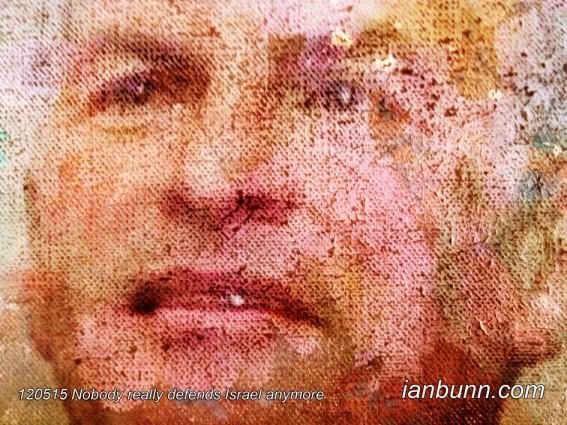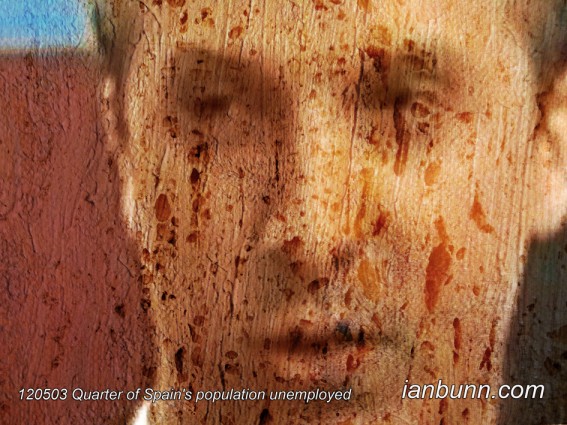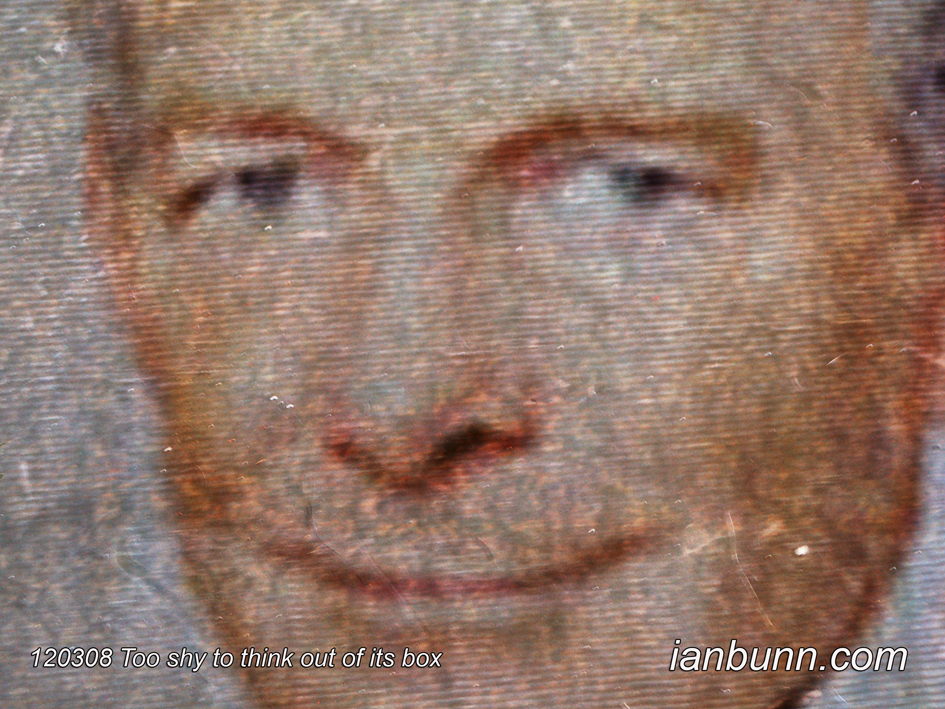 Traumatized veterans of our culture wars (June 25 2013)
Traumatized veterans of our culture wars (June 25 2013)
Katherine Stewart the American journalist and author who writes about controversies over religious freedom, separation of church and state and climate science has published an article in The Guardian titled ‘The dark side of home schooling: creating soldiers for the culture war’ in which she states “Several decades ago, political activists on the religious right began to put together an “ideology machine”. Home schooling was a big part of the plan. The idea was to breed and “train up” an army of culture warriors. We now are faced with the consequences of their actions, some of which are quite disturbing. According to the Department of Education, the home schooling student population doubled in between 1999 and 2007, to 1.5 million students, and there is reason to think the growth has continued. Though families opt to home school for many different reasons, a large part of the growth has come from Christian fundamentalist sects. Children in that first wave are now old enough to talk about their experiences. In many cases, what they have to say is quite alarming. …The fundamentalist home schooling world also advocates an extraordinarily authoritarian view of the parental role. Corporal punishment is frequently encouraged. …In America, we often take for granted that parents have an absolute right to decide how their children will be educated, but this leads us to overlook the fact that children have rights, too, and that we as a modern society are obligated to make sure that they get an education. Families should be allowed to pursue sensible homeschooling options, but current arrangements have allowed some families to replace education with fundamentalist indoctrination. As the appearance of HA reminds us, the damage done by this kind of false education falls not just on our society as a whole, but on the children who are pumped through the ideology machine. They are the traumatized veterans of our culture wars. We should listen to their stories, and support them as they find their way forward.”
Inspired by Katherine Stewart, The Guardian ow.ly/lEdxF Image source Twitter ow.ly/lEdpq
